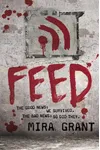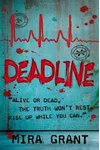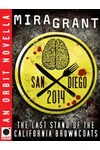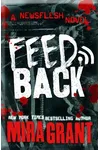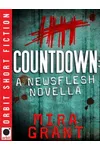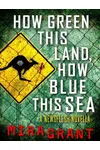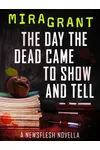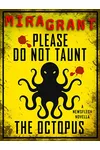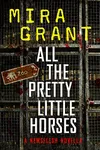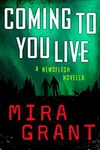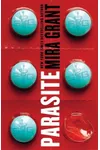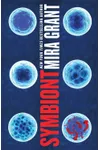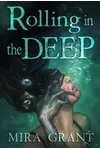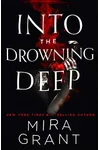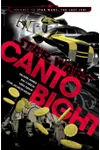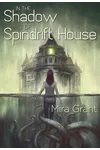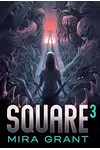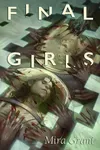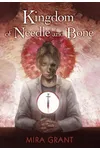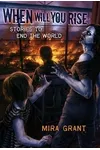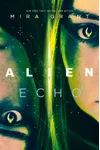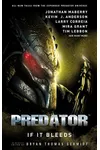Picture a California-born storyteller who spins tales of viruses, zombies, and mermaids that’ll keep you up at night—meet Mira Grant! As the horror and science fiction pseudonym of Seanan McGuire, Grant burst onto the scene in 2010 with Feed, a chilling zombie novel that redefined the genre. Her knack for blending gritty science with heart-pounding suspense has earned her a legion of fans and multiple Hugo Award nominations.
Born on January 5, 1978, in Martinez, California, Grant (aka McGuire) grew up with a love for horror movies, viruses, and the macabre. Her unique voice as Mira Grant carves out a space where science feels terrifyingly plausible, and her stories grip readers with their emotional depth and relentless pace.
The Making of Mira Grant
Seanan McGuire’s childhood wasn’t easy—raised by a single mother with limited means, she faced challenges that shaped her resilience and imagination. A self-proclaimed folklore nerd and horror aficionado, she studied at UC Berkeley and audited virology courses for fun. Her pseudonym, Mira Grant, emerged as a playful horror movie nod, allowing her to separate her urban fantasy work (as McGuire) from her darker, science-driven tales. Her 2010 debut as Grant, Feed, not only snagged a Hugo nomination but also marked her as a bold new voice in speculative fiction.
Mira Grant’s Unforgettable Stories
Grant’s bibliography is a thrilling mix of medical horror and speculative nightmares. Her Newsflesh series, starting with Feed (2010), follows bloggers in a post-zombie-apocalypse world, blending political intrigue with gut-wrenching stakes. The series’ three novels—Feed, Deadline, and Blackout—all earned Hugo nominations, with Feed landing on NPR’s Top 100 Thriller Novels list. Her Parasitology trilogy (2013–2015), beginning with Parasite, imagines a future where tapeworms engineered to cure disease turn against their hosts. Parasite’s Hugo nomination cemented Grant’s reputation for crafting plausible, unsettling science.
Grant’s standalone works, like Into the Drowning Deep (2017), showcase her versatility, transforming mermaids into bloodthirsty predators in a gripping oceanic horror tale. Her 2025 release, Overgrowth, dives into alien invasions and killer plants, earning praise for its paranoid, genre-bending intensity. Grant’s style—meticulous research, sharp dialogue, and fearless exploration of humanity’s flaws—makes her stories feel like warnings from a not-so-distant future.
Whether she’s writing about zombies or face-eating mermaids, Grant’s narratives are grounded in real-world science, often inspired by her chats with the CDC or deep dives into virology. Her characters, from determined journalists to conflicted scientists, grapple with moral dilemmas in worlds where survival is never guaranteed.
Why Mira Grant Matters
Mira Grant’s impact lies in her ability to make science fiction and horror feel urgent and real. Her stories don’t just scare—they challenge readers to question technology, corporate greed, and humanity’s hubris. Her Hugo nominations (five in 2013 alone, a record) and awards like the 2010 John W. Campbell Award for Best New Writer highlight her influence. Fans adore her for weaving queer characters and diverse perspectives into speculative fiction, broadening the genre’s scope.
Grant’s work resonates because it’s both thrilling and thought-provoking, inviting readers to ponder the cost of progress. Her growing bibliography continues to push boundaries, making her a must-read for anyone craving smart, scary stories.
- Born: January 5, 1978, Martinez, California
- Key Works: Newsflesh series, Parasitology trilogy, Into the Drowning Deep, Overgrowth
- Awards: 2010 John W. Campbell Award, multiple Hugo nominations
- Fun Fact: She sleeps with a machete under her bed!
Snag Feed or Into the Drowning Deep and dive into Mira Grant’s electrifying blend of science and horror—you won’t sleep, but you’ll love every minute!
